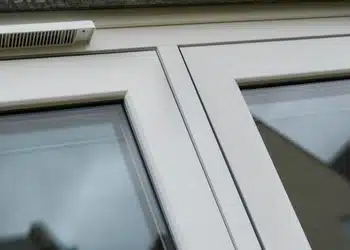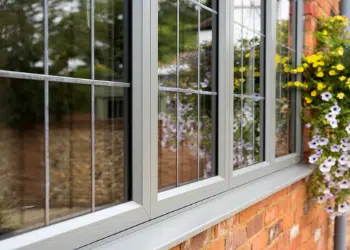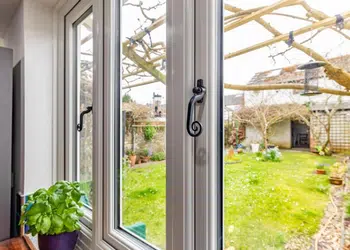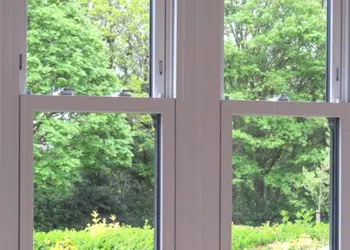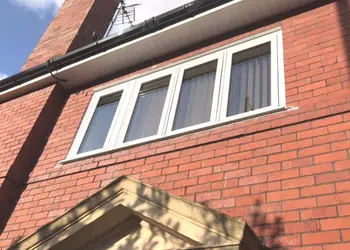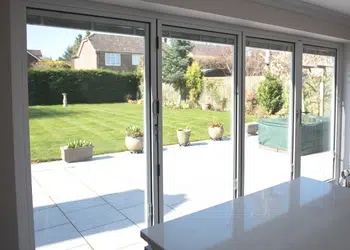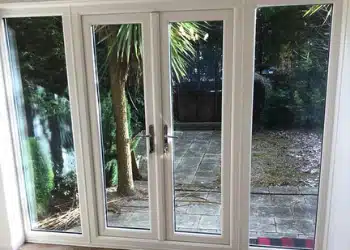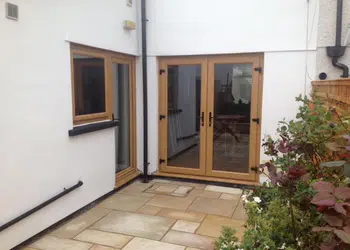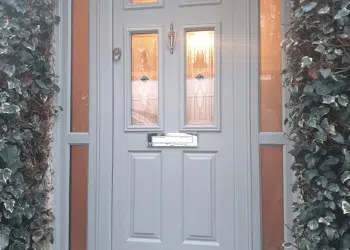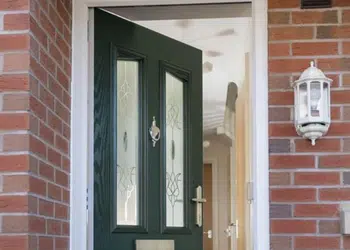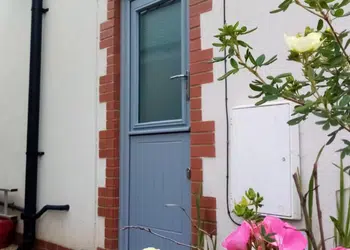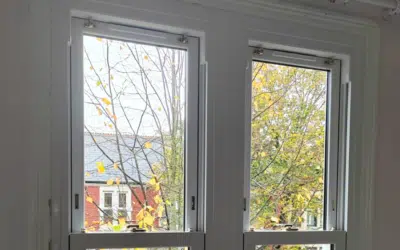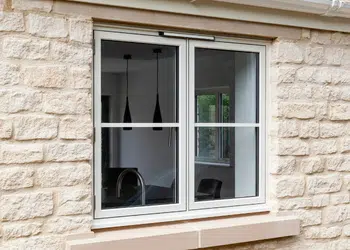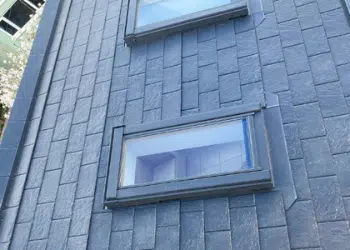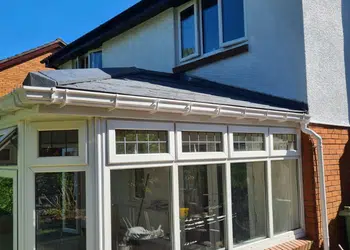Do you ever look at your windows and wonder why they’re misty? Windows can look misty whether the water has formed inside, outside or even in between the panes of glass. If you’re above a certain age you’ll even remember when ‘Jack Frost’ used to visit and turn that condensation into magical frosty patterns.
We have a lot of old homes here in Cardiff that have to live with old windows because they are in a conservation area or the building is listed.
Although it’s not as cold in homes as it used to be, condensation is still not nice to live with. It spoils the look, creates damp pools on window sills and potentially causes mould if the window condensation doesn’t dry quickly enough. It also affects the temperature of the room as the coldness emanates from the window. Whatever the reason for it, nobody wants it. To prevent it from happening, you first of all need to understand where it’s coming from.
Why Double Glazed Windows Mist up
Condensation is caused by moisture that is formed when an object is cooler than the air around it. You’ll notice it when you have a cold drink with ice in, when your shower steams up the bathroom mirrors and when you turn the heating on in the car. When you open the car window, turn off the shower or the ice melts, the temperatures start to equalise again and the fog starts to clear.
Condensation is reduced in double glazed windows because there is a thermal barrier between the 2 panes. In other words, there is an invisible blanket between the cold outside and the warmth inside. In the old days of single glazed windows, condensation was a big problem with nothing to reduce the difference in temperature. This was why ‘Jack Frost’ appeared. The windows were always soaked in the winter.
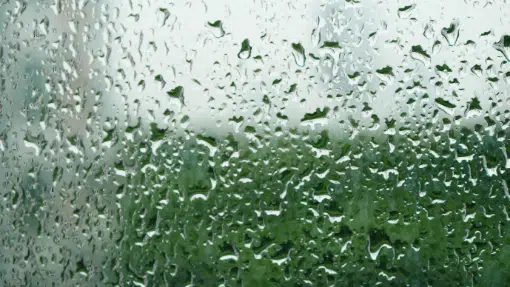
However, moisture occurs naturally in all buildings so double glazing may not cure it completely. Almost every material in your home is holding some water. In the summer your house will absorb moisture due to the heat but you also have better airflow. Doors and windows are often open. Condensation can occur more in a new build house as the materials are fresh and hold more moisture when they are new.
Condensation on the outside of the window
This often occurs when the sun comes up early and the warmth on your window is a higher temperature than the glass. This is your windows doing a good job of insulating your home. This usually disappears quickly and is nothing to worry about. You can just wipe this off if you don’t want to wait for it to clear naturally. If you have outside window condensation often, check that there are no gaps between the window and the frame because you don’t want condensation seeping through and causing damp patches.
Condensation in between window panes
If this happens, the airtight seal has failed and the gas has leaked out. Although you can’t see it the gas inside is a substance that fills the gap. If it leaks out, air comes in to replace it. If your windows are old, it may be time to replace them. If this has happened when your windows are quite new, check the terms of your guarantee. It is really important that the seals remain airtight as once the gas starts to leak, they are no longer as effective in insulating your home.
If you wish to explore the idea of replacing your windows, be assured that we provide quotes without obligation or pressure.
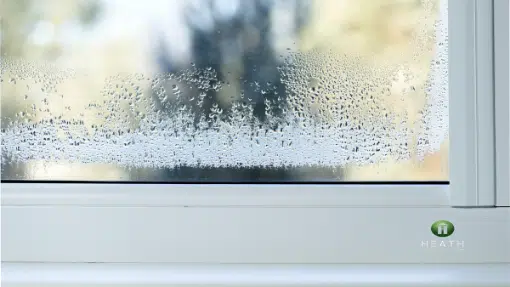
Condensation on the inside of your windows
It’s quite common to see levels of condensation on your windows as in the picture. This happens especially in the morning when the temperature outside is low overnight. It clears as the temperature warms up as the day goes on. This is caused by the humidity in your home, not because of the windows.
Changes inside the home can make a difference too. Open-plan homes where there the cooking steam from the kitchen spreads through the home can affect the condensation on the windows. If you bring logs in from outside to stack by the first, they will be filled with moisture until they dry out and will also cause condensation. Even new furniture can have an effect if it has been stored in a warehouse for a long time or wet coats and boots left in the cloakroom. Any wet home improvements such as the wetness in grout for tiling, paint and plastering will also increase humidity.
How to Reduce Window Condensation
When you start to heat your home as the outside temperature drops in the winter months, condensation will initially occur but, after a few weeks, your home will start to dry out and less condensation will form. Whilst it may seem pointless to open the window during winter when you’re trying to warm up your home, a quick solution to getting rid of condensation is to open a window, just briefly, to allow the cold air to enter and the moist air to escape. You could also leave the vents at the top of the window open overnight.
8 Actions You Can Take to Reduce Condensation:
- Open a window or door on a daily basis to ensure your house airs.
- Use the vents at the top of the window if you have them.
- Make use of the kitchen and bathroom extractor fans and keep them on for longer.
- Opening blinds and curtains in order for air to circulate against windows.
- Use a dehumidifier.
- Make sure that anything you bring in such as logs, is properly dry.
- Move plants from window sills or at least, be aware of how much and when you water them.
- You can also buy moisture absorbers that sit on the window sill and will soak up some of the moisture if it is dripping on to the window sills.
Window Dressing
The type of window dressing that you have can also affect the condensation. Softer fabrics will absorb more moisture in the air than hard fabrics such as wood or metal venetians. If moisture does sit on blinds and shutters, be sure to wipe them with a soft cloth as the damp will find its way to settle into cords which can discolour or become mouldy. If the back of your curtains often becomes wet, try to air them so that they dry fully.
If the window condensation is really bad
If you have single glazing and are suffering with condensation to the point that your home is damp or mould is occurring, we urge you strongly to consider changing the windows. Mould spores can have a detrimental effect on health.


